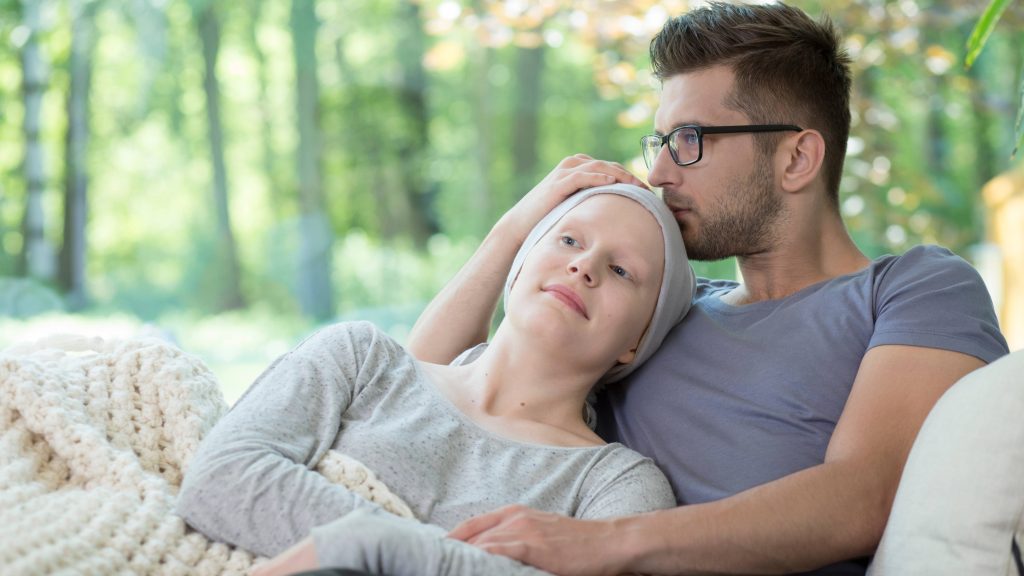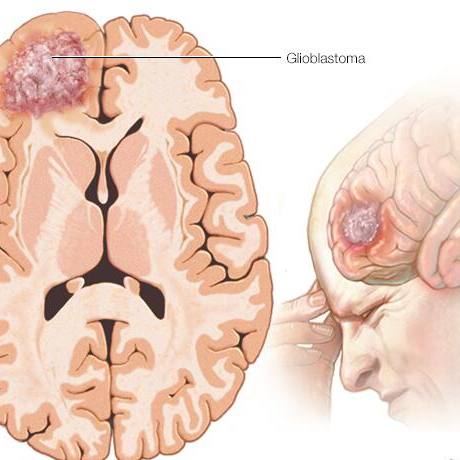
National Cancer Survivors Day will be observed on Sunday, June 6, which make this a good time to learn more about life after cancer.
One in 3 people will be diagnosed with cancer in their lifetime, and there are more than 16.9 million cancer survivors alive today, according to the American Cancer Society. Survival rates are improving for many types of cancer, thanks to advances in cancer screening and treatment.
Many cancer treatments take a toll, though, in the form of side effects and permanent changes. As a cancer survivor, here are some things to consider.
Improve your long-term health
Beyond your initial recovery, you can take steps to improve your long-term health so that you can enjoy the years ahead as a cancer survivor. The healthy living recommendations for cancer survivors are the same as the recommendations for anyone else:
- Exercise.
- Eat a balanced diet.
- Maintain a healthy weight.
- Get good sleep.
- Reduce stress.
- Avoid tobacco.
- Limit the amount of alcohol you drink.
But for cancer survivors, there are some strategies with added benefits. Learn more about what you can do to take care of yourself after cancer treatment.
Late side effects of cancer treatment
As more people are living longer after cancer treatment, more is becoming known about late side effects of cancer treatment. These are side effects of cancer treatment that become apparent after your treatment has ended.
Cancer survivors might experience late effects of cancer treatment years later. It isn't clear whether late effects are preventable or why some people might experience late effects while others don't. Learn more about late and long-term effects of cancer treatment so that you can take more control of your health as a cancer survivor.
Managing your emotions after cancer treatment
As a cancer survivor, you may have mixed emotions at completing your treatment plan. Fear of recurrence is common among cancer survivors. Lingering feelings of sadness and anger can interfere with your daily life. Feeling as if others can't understand what you've been through can lead to loneliness, and the urge to make up for lost time can cause stress. All of these feelings are normal and common. Recovering from cancer treatment isn't just about your body. It's also about healing your mind. Learn more about managing your emotions after cancer treatment.
A circle of support
Your friends and family can provide an important circle of support. Navigating relationships can be a challenge for cancer survivors transitioning to life after treatment, though. Changes to responsibilities and roles during your treatment can upset dynamics within relationships. Differing emotional responses and expectations can be upsetting. Learn more about nurturing your relationships and reconnecting with loved ones after treatment.
A cancer diagnosis can change your life forever. It's important to remember that each person finds his or her own way of coping with the emotional and physical changes cancer brings.







